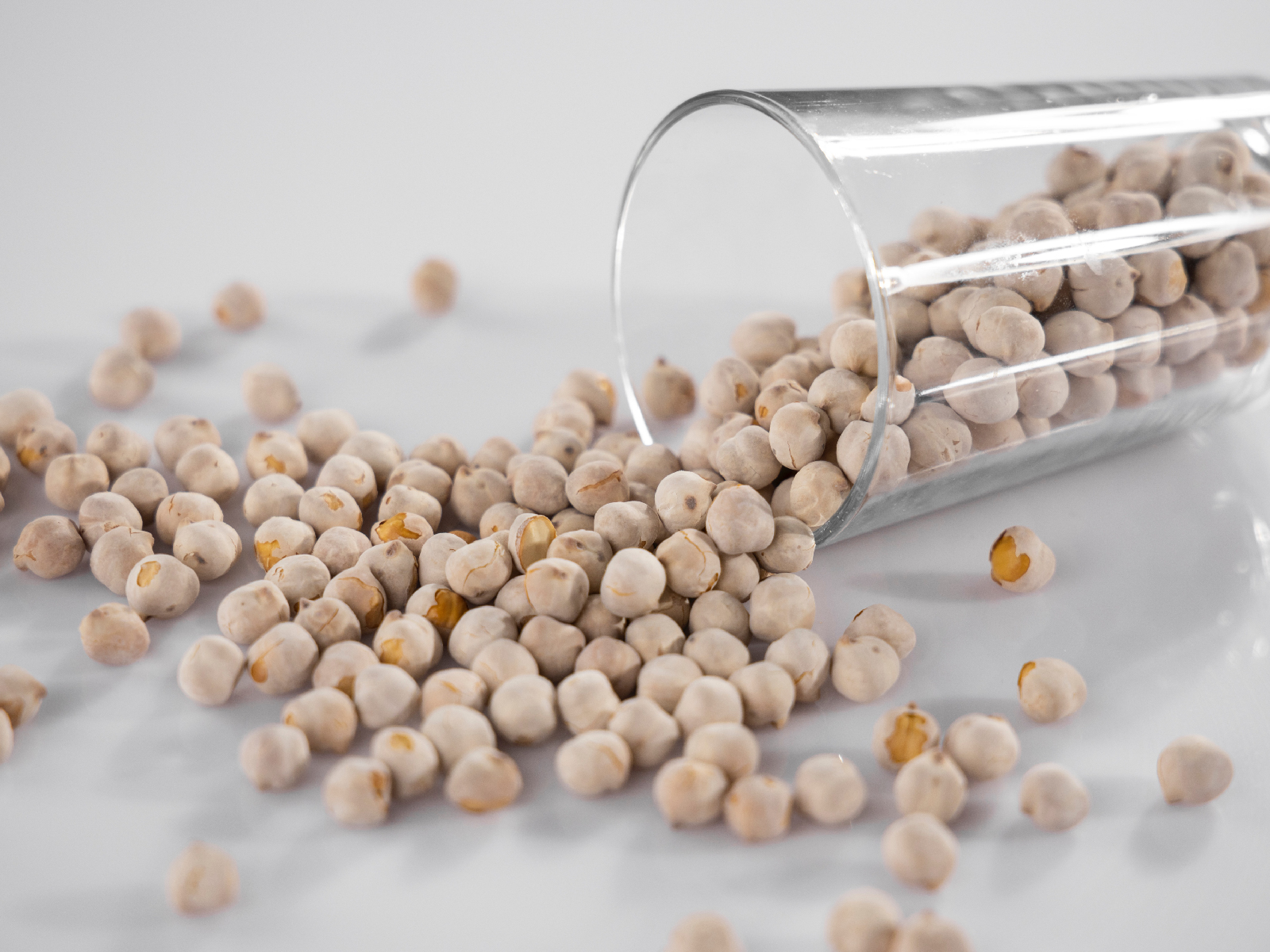Everybody loves soy products and it is known as a food that contains high nutrient sources including B vitamins, potassium, magnesium and high-quality proteins. Soy products are also the main choice of protein-rich food, especially for vegetarians as they are restricted to other choices of food such as fish, meat or chicken. This is the same case with people who are undergoing a special diet due to certain health conditions or aiming for weight loss.
From the traditional innovation until this technology-driven millennia, our ancestors and the food technologists have been able to derive a lot of soy-based food including tofu, tempeh, soy drinks, soy sauces, fucuk, taukua, the variety of vegetarian meat derivatives in the market and many more. However, the processing of this protein-rich products could be concerning as in normal conditions, it provides a conducive environment for microbial growth.
For example, the processing of tofu includes four main steps; preparation of the soybean milk, coagulation by adding calcium or magnesium salt, pressing tofu into a hard shape, pasteurisation and packaging. As tofu is considered as a sensitive product, the environment of processing the food shall be maintained at the cleanest level possible. Otherwise, contamination could possible occur due to improper sanitary such as unhygienic processing area, unclean container and utensils, dirty worker as well as improper processing or storing temperature.
It is therefore important that the processing of products have a proper monitoring in terms of hygiene and cleanliness especially to avoid any contamination that could lead to food spoilage and worst case, death due to food poisoning. Between 2000 and 2020, there are 5 cases associated with tofu outbreaks were reported to the Centres for the Disease Control (CDC)’s National Outbreak Reporting System (NORS), including 140 illnesses and 5 hospitalizations.
The Halal certification process has covered not only the ingredients selection but also the cleanliness which is normally referred as “Halalan-thoyyiban”. This means assurance and guarantees that the processing of the products has covered both aspects of halalness of ingredients as well as hygienic, environment and clean workers. It is where these two important aspects; Halal & cleanliness are integrated into holistic and balanced needs that fulfil the application requirements.
Throughout the years, Halal has been recognised as a quality and safety aspect of a product or service and has tremendously increased in demand over the years. It is forecasted to grow by 9.1% in 2022 and will continue to expand, expected to reach US$2.8 trillion by 2025.
For that reason, it is imperative that businesses including soy-based product owners to go for Halal certification for their products. This is not only assuring the quality and safety of the products but also provides opportunities for businesses to penetrate the lucrative global Halal market.
Find out more on how we could assist on Halal certification matters at https://serunai.com/ or reach out to customerservice@serunai-test-7ab8bd.ingress-earth.ewp.live or Whatsapp at +6011 3362 7641.













Like (0)